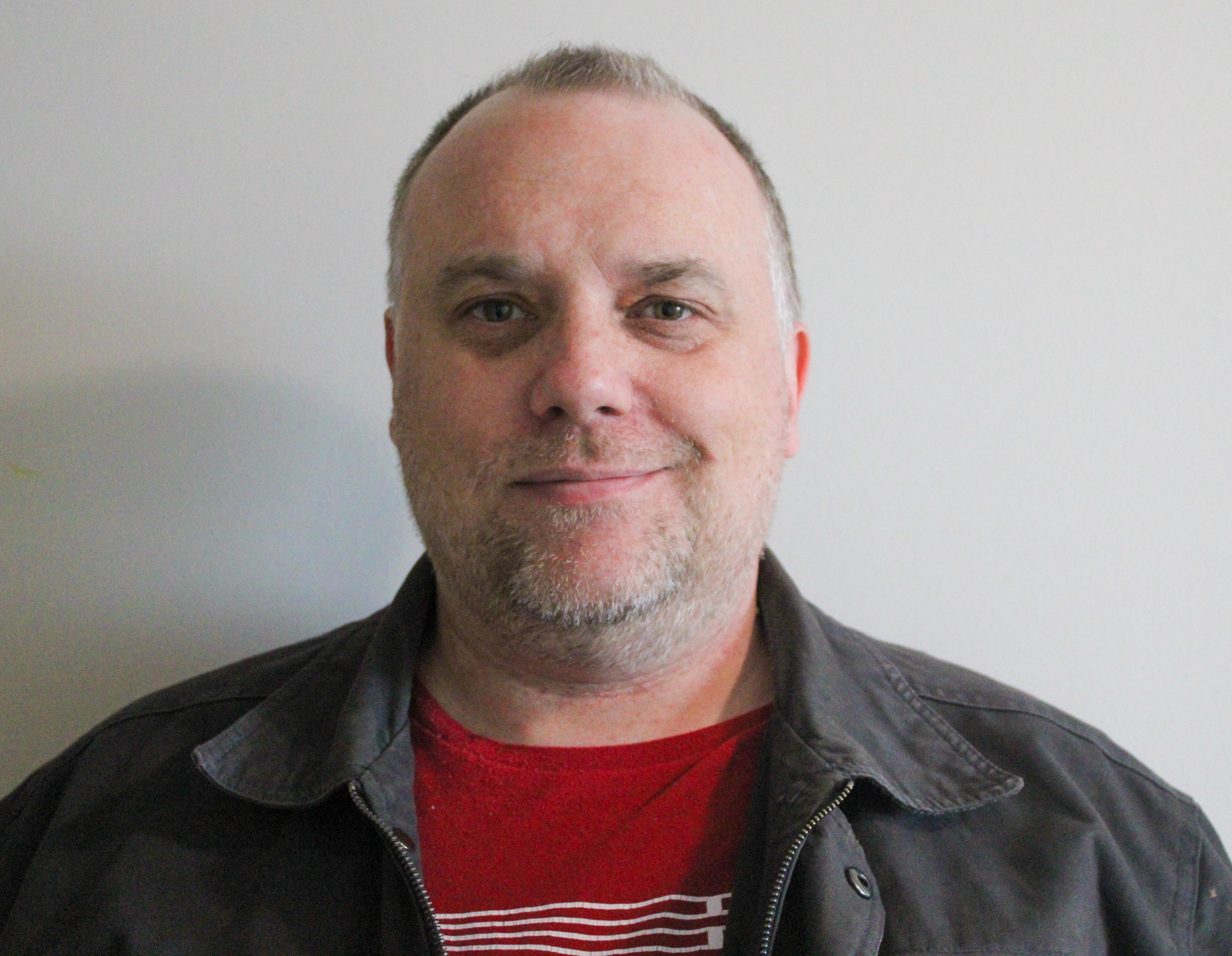According to the United Nations Human Rights Commission, there are about 22 million refugees in dozens of countries around the world. In recent months, four and a half million Ukrainians, the largest refugee cohort since the height of the Syrian civil war eight years ago, have joined this unlucky community.
Refugees face challenges finding clean water to drink or a warm bed for their children at night. Sickness and poverty are rampant among refugee populations and personal security remains an issue, particularly for women and children. The UNHCR, various non-governmental organizations and UN Peacekeepers try their best to help, but they’re a drop in the bucket. There are just too many refugees. The world hasn’t seen a refugee crisis like this since the end of the second world war.
This is why a proposed fee of $2 per student per year should be a no-brainer for everyone at Algonquin College. This money, less than a cup of soybean vanilla latte at the Commons’ Starbucks, would directly help one refugee come and join us here at the college.
The World University Service of Canada has been sponsoring student refugees since 1978. They sponsor more than 100 refugees every year to come and study in Canada.
The student WUSC is sponsoring will most likely be from Syria or Somalia. These two countries have been rocked by violence and instability for years, making life impossible for regular people. There are just over 3 million refugees from Syria alone, while nearly a million Somalians have fled their homes over the past decade, according to the UNHCR.
While the popular image of refugees living in UN tent cities comes to mind, the truth is much more complicated. Most refugees live in city centres, grouped together in gymnasiums or squatting in abandoned buildings. They have little access to food and sanitation. NGOs spend a lot of their time with outreach activities, trying to get their kids vaccinated and delivering life-saving water and food.
WUSC is one of those NGOs and they try to gather candidates for sponsorship to Canada. It’s not cheap.
The government does not help with private refugee sponsorship, and the sponsoring organization undertakes a legal contract with the federal government to care for the refugee for 12 months. Which means they need to house, feed, clothe, supply health insurance and help the person settle into a new community and a new way of life.
This is Algonquin College’s first year in the program and the WUSC local committee needs $40,000 to provide for the lucky person who is coming. Myriam Thanasse, a physics professor with the pre-health sciences program and the chair of the WUSC local committee, says the group has submitted a proposal to the SA asking that a $2-fee be applied to the approximately 20,000 students at Algonquin College. This would cover the cost for one refugee student.
The Students’ Association would need to hold a college-wide referendum in order to get the fee implemented. Although they haven’t announced it yet, Thanasse is optimistic it will happen. In the mean time, the WUSC local committee and the college have already begun the process of bringing a student refugee here for September.
Ultimately, $2 is not a lot of money. It’s less than a single OC Transpo bus ride, yet it will change someone’s life forever. Everyone should vote in favour of the fee, whenever the referendum is held.


